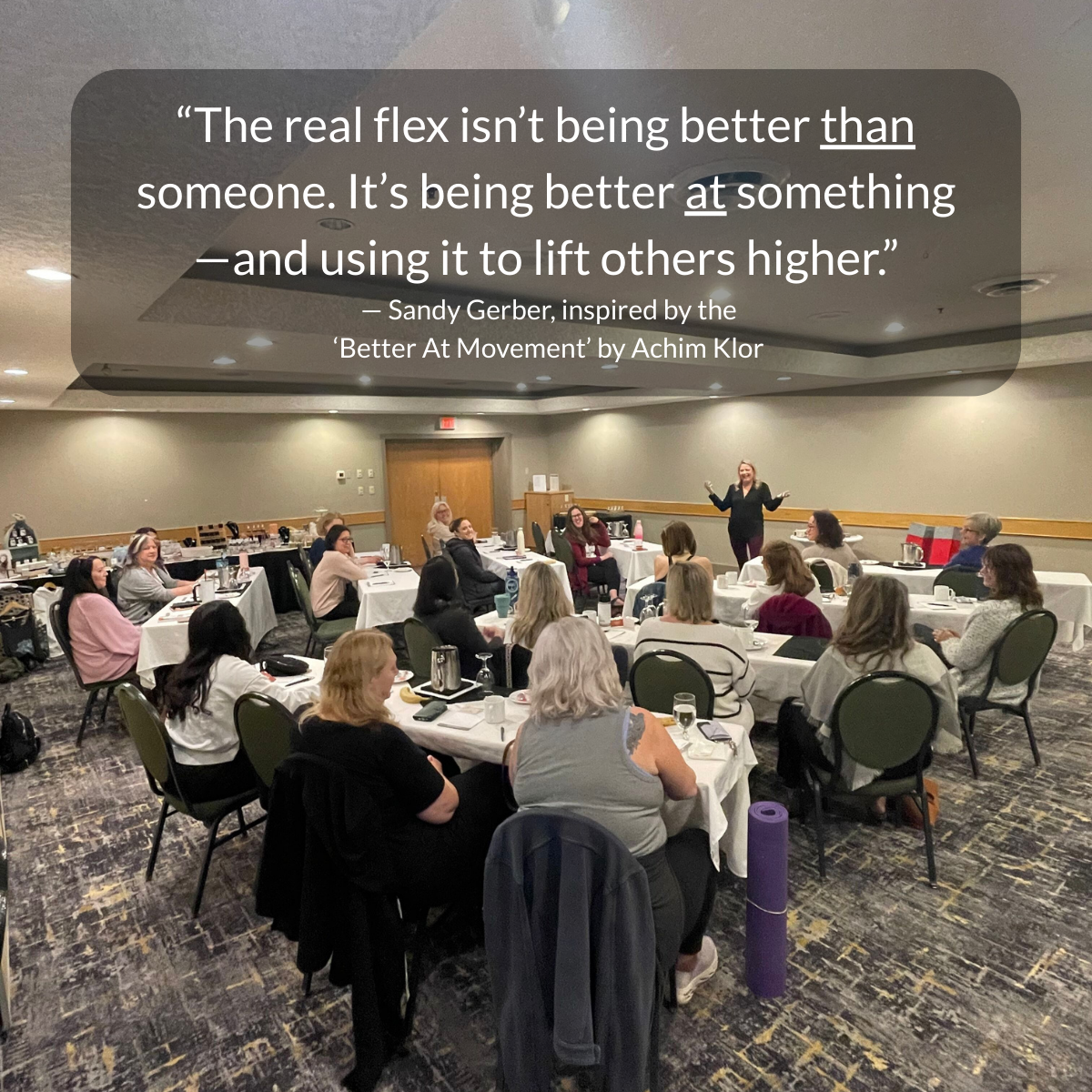Can you start a conversation with anyone, anywhere?
Remember the nerves you had before attending a party in your teens? Oh, the angst! Maybe you still feel that kind of angst when meeting with a new friend, or attending a big gathering?
And, doesn’t it always seem like there’s one person who magically manages to speak to everyone and make them feel at ease? What if you could become that person?
The truth is, most people want to meet others. They want you to join their conversations if you have something to contribute. But, possibly like yourself, they don’t know how to approach new people or invite them into the conversation. Their fear of rejection or inability to come up with what to say holds them back.
Sounds familiar?
Ways to start a conversation with anyone
The best way to connect with someone is to establish commonalities. Therefore, asking background questions can help you find something you both have in common. If you meet someone at an event, ask what made them attend? Are they familiar with the organizers? Are they from the area? What are their interests in this particular event? Once you find something that you have in common—be it that you both attended because you liked the one speaker, or you both live in the same part of the city, acknowledge it.
And when you find something they enjoy, ask probing questions. “Ah, you live in Vancouver too! Wonderful. So do I. What’s your favourite part of the city?”
Praising someone, such as complimenting their clothes, or congratulating them at having done well in their career is also a way of creating rapport. Likewise, by praising someone else (i.e. not the person in front of you) you can build up trust—if you are someone who pays genuine compliments to people, you’re likely to be a good person and people will open up to you.
Another way to create rapport is using your body language to match and mirror the other person (i.e. if they cross their legs, you cross yours). This is something that happens naturally with people we feel connected with.
To ensure they feel comfortable knowing you’re interested in what they have to say, tilt your head to the side and lean slightly forward (if sitting). Be sure your arms and legs remain uncrossed, so you show you’re open to receiving what’s being said.
A simple tool for asking good questions
Once you’ve established some rapport, keep asking questions. Focus on the F.O.R. acronym (friends, occupation, relax). Ask questions first about their family/friends, then after some dialogue move to questions about their occupation. Typically by this point in the communication exchange, assuming you are actively listening to their responses, you have begun to earn trust. To move the communication to an even more connected level, comment on how busy the person is (we all love to be busy) and ask what they do to relax.
This is my favourite question as it always opens up an interesting dialogue and the person usually lights up talking about their passions.
By focusing on the other person and asking questions (though not to the point of interrogating them!), they will feel honoured that you care to find out about who they are.
One way to make sure a conversation stays lively is to ask open-ended questions. “What do you do for a living?” can result in a reply such as, “I’m an accountant.” “What does everyday life as an accountant look like?” on the other hand, will lead to a much longer and more detailed response.
A closed question is one that leads to a reply with one or two words (i.e. “I’m fine”) and kills the conversation right away. Open-ended questions lead to much longer replies.
You can also use probing questions. In the example above, asking what the person does for a living is a closed question. The follow-up question about what the life of an accountant looks like is both open-ended and probing—you’re asking for further details.
To start a conversation if you’re standing next to someone, you can simply point out something or ask about something you’re both experiencing. “Are you also here to listen to X speak?” “Oh boy, the drive here was horrible—the weather has turned nasty. I see you managed to get inside without getting soaked—lucky you.” “I hope you don’t mind me saying so, but I’ve been standing here admiring your dress. The pattern on the fabric is simply stunning. Hello, I’m Jenny by the way.”
The power of active listening
When having a conversation, it’s as important to listen as it is to speak. Active listening means you set aside your thoughts about what to say next, making judgments on what’s being said, or coming up with solutions to the perceived problems the other person is having. Instead, you fully concentrate on what the other person is saying. You may even encourage them by saying “go on,” “I hear you,” and so forth (just don’t do it too often).
After they’ve finished elaborating on some major point in the conversation, you sum it up. “As I understand it, what you just said is [x].” Or “If I heard you correctly, you feel like [this] because of [that].” Or, “Is it correct to assume that […]?”
You can also ask clarifying questions. “So, do you feel relieved this has happened?”
Now, you don’t have to do that after every twist and turn in the conversation, but make sure to do it ever so often.
Most importantly, ensure you’re present and not going off in your own head making judgments, coming up with what to say next, or offering solutions to the other person’s problems. Beware of communication blockers in your conversations. If you want to offer advice, ask if they want it. But first, be there as a listener. That’s often the main thing people are looking for—someone who truly listens to them.
Will everyone you start speaking with like you because you’re asking the right kind of questions, try to create rapport by finding things in common, giving praise, and matching and mirroring their body language? No. Not everyone will like you. And let’s face it—there are some grumpy farts out there!
Accept rejection as part of life—it doesn’t mean something about you. Oil and vinegar don’t go together, that doesn’t mean neither the oil nor the vinegar, is bad.
However, if you become a good conversationalist, you will make more friends than if you don’t.
The more people you approach, the more friends and connections you’ll make. In the beginning, you will be rejected more often than you will after years of practice. If you get over your fear of rejection, you’ll soon start conversations right, left, and centre, if that’s what you want. We don’t always wish to interact with others. That’s fine. What’s not fine is abstaining from interacting with others because we have fear of doing so and thereby lose out on the interaction.
If you’re looking for further tips about how to approach people, I suggest you read “How to Win Friends and Influence People” by Dale Carnegie. There are many other great books out there on communication (including my own book, “Emotional Magnetism“), but it’s a good place to start. And an entertaining read (or listen, if you prefer audiobooks).
Here’s to many great conversations in the years to come!




0 Comments